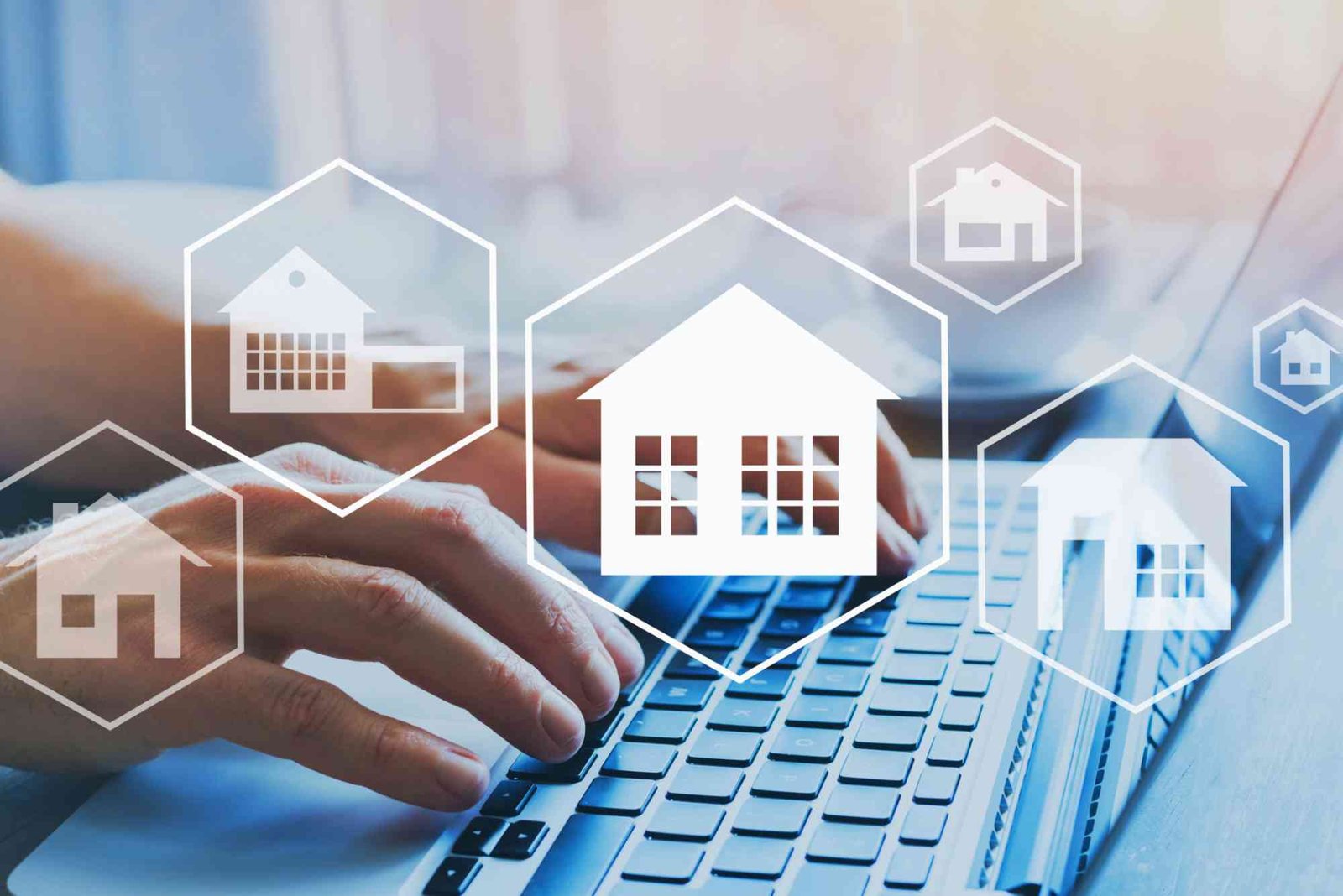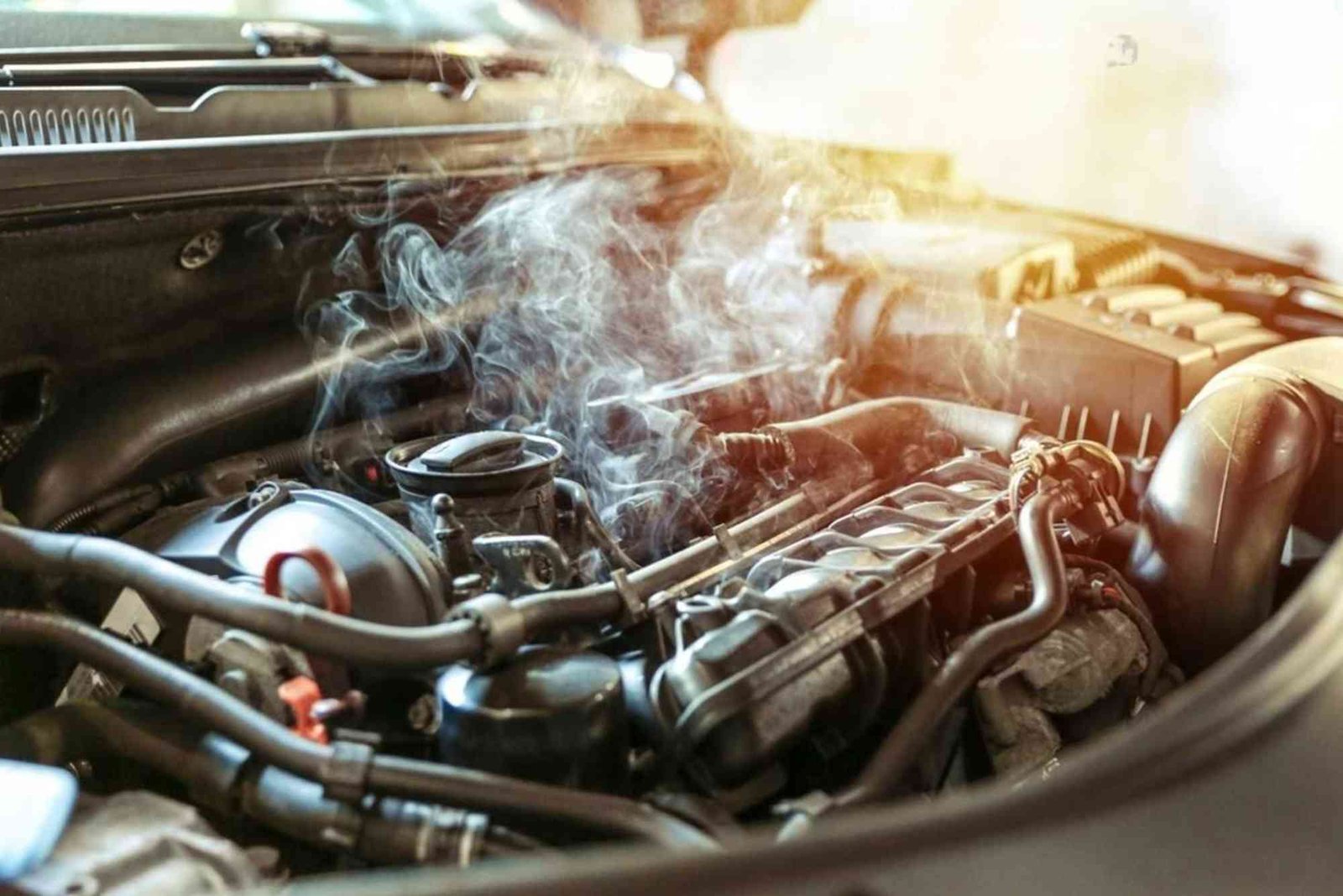Small Business Administration (SBA) loans are a popular funding option for small businesses looking to grow or manage operations. With government-backed guarantees, these loans offer favorable terms for business owners, including low interest rates and flexible repayment schedules. In this guide, we’ll cover everything you need to know about SBA loans, from the types available to how you can apply and get approved.
What Are SBA Loans?
SBA loans are financing options provided by the U.S. Small Business Administration to support small businesses. Unlike traditional loans, SBA loans are backed by the government, reducing the risk for lenders and making it easier for small businesses to access capital.
The SBA doesn’t lend directly to businesses. Instead, it works with approved lenders, guaranteeing a portion of the loan, which allows banks to offer better rates and terms. This makes SBA loans particularly valuable for businesses that may not qualify for traditional loans.
Types of SBA Loans
There are several types of SBA loans, each designed for specific business needs:
7(a) Loan Program
The most common SBA loan, the 7(a) program, can be used for various business purposes, including working capital, equipment purchase, and real estate acquisition. Loan amounts can go up to $5 million, making it ideal for businesses looking for significant funding.
504 Loan Program
The 504 loan program is primarily for purchasing fixed assets such as real estate or machinery. It provides long-term, fixed-rate financing for major capital investments. Loan amounts can go up to $5.5 million, with repayment terms of up to 25 years.
Microloans
Microloans are small, short-term loans of up to $50,000. These loans are often used by startups or small businesses that need smaller amounts of capital for equipment, supplies, or working capital.
Disaster Loans
In case of a natural disaster or emergency, SBA disaster loans provide businesses with low-interest loans to repair or replace damaged assets. These loans can also cover operating expenses and help businesses recover.
Eligibility Requirements for SBA Loans
To qualify for an SBA loan, businesses must meet specific requirements:
- Size Standards: The SBA defines a small business based on the industry, revenue, and employee count. Ensure your business meets the small business criteria.
- Creditworthiness: SBA loans require a good credit score, both personal and business. Lenders will check your credit history to assess risk.
- Financial History: You need to provide financial statements, tax returns, and a solid business plan to demonstrate your ability to repay the loan.
- Location and Industry: Some SBA loans are industry-specific, and businesses must operate in the U.S. or its territories.

How to Apply for an SBA Loan
Here’s a step-by-step guide to applying for an SBA loan:
Step 1: Prepare Your Documents
Gather all necessary documents, including your business plan, tax returns, profit-and-loss statements, and a list of collateral.
Step 2: Choose the Right SBA Loan
Determine which SBA loan fits your needs. Consider your funding requirements, loan terms, and repayment ability before selecting a loan program.
Step 3: Find an SBA-Approved Lender
SBA loans are available through approved lenders like banks and credit unions. Research your options and approach lenders that have experience with SBA loans.
Step 4: Complete the Application Process
Submit your application, along with the required documents, to your chosen lender. They will review your application, assess risk, and send it to the SBA for approval.
SBA Loan Interest Rates and Repayment Terms
SBA loan interest rates are typically lower than traditional business loans. These rates can be either fixed or variable, depending on the lender and loan program.
- 7(a) Loans: Interest rates range from 5.5% to 8.5%, with repayment terms of up to 25 years.
- 504 Loans: Interest rates are fixed and generally lower, with terms of up to 25 years.
- Microloans: Interest rates range between 8% and 13%, with repayment periods up to 6 years.
- Disaster Loans: Rates can be as low as 3.75%, with terms of up to 30 years.
Repayment terms vary based on the loan type, loan amount, and use of funds. Typically, SBA loans offer long repayment periods to ease the monthly financial burden on businesses.
Benefits of SBA Loans
SBA loans offer several advantages over traditional loans:
- Lower Interest Rates: SBA loans typically have lower interest rates, making them more affordable.
- Longer Repayment Terms: Loan terms can extend up to 25 years, reducing monthly payments.
- Higher Loan Amounts: Businesses can access significant funding through programs like the 7(a) and 504 loan programs.
- Increased Approval Chances: The SBA guarantee reduces the risk for lenders, making it easier for businesses to get approved, even with less-than-perfect credit.

Common Uses for SBA Loans
SBA loans can be used for various purposes, depending on the loan program:
- Business Expansion: Use funds to open a new location, hire staff, or expand operations.
- Equipment or Inventory Purchase: Purchase essential equipment, tools, or inventory for your business.
- Real Estate Acquisition: Buy or renovate business property through the 504 loan program.
- Working Capital: Cover day-to-day expenses or manage cash flow more effectively with SBA loans.
SBA Loan Case Studies: Success Stories
Here are a few real-world examples of how SBA loans have helped small businesses:
- XYZ Bakery: A local bakery used a 7(a) loan to expand its kitchen and hire more staff, increasing its production capacity.
- ABC Manufacturing: ABC Manufacturing used a 504 loan to purchase new machinery, boosting efficiency and increasing its output.
- DEF Café: A small coffee shop secured a microloan to purchase inventory and improve its online marketing, resulting in a 20% increase in sales within six months.
Table: Comparison of SBA Loan Types
| Loan Type | Loan Amount | Interest Rates | Repayment Terms | Uses |
|---|---|---|---|---|
| 7(a) Loan Program | Up to $5 million | 5.5% – 8.5% | Up to 25 years | Working capital, equipment, real estate |
| 504 Loan Program | Up to $5.5 million | Fixed rates (low) | Up to 25 years | Real estate, machinery |
| Microloans | Up to $50,000 | 8% – 13% | Up to 6 years | Equipment, supplies, working capital |
| Disaster Loans | Varies | As low as 3.75% | Up to 30 years | Disaster recovery, repairs |
Frequently Asked Questions (FAQs)
1. What is the typical SBA loan approval time?
The approval process for SBA loans can take anywhere from 30 to 90 days, depending on the complexity of the loan and the lender.
2. Do SBA loans require collateral?
Yes, most SBA loans require collateral, especially for loans exceeding $25,000. Collateral can include business assets, real estate, or personal guarantees.
3. Can I apply for multiple SBA loans?
Yes, you can apply for more than one SBA loan as long as you meet the eligibility requirements and can repay the loans.
4. Are SBA loans only for new businesses?
No, SBA loans are available for both new and existing businesses. They can be used for startup costs, expansion, or ongoing business needs.
5. What is the minimum credit score needed for an SBA loan?
Most SBA loans require a credit score of 680 or higher, though some microloan programs may accept lower scores.








